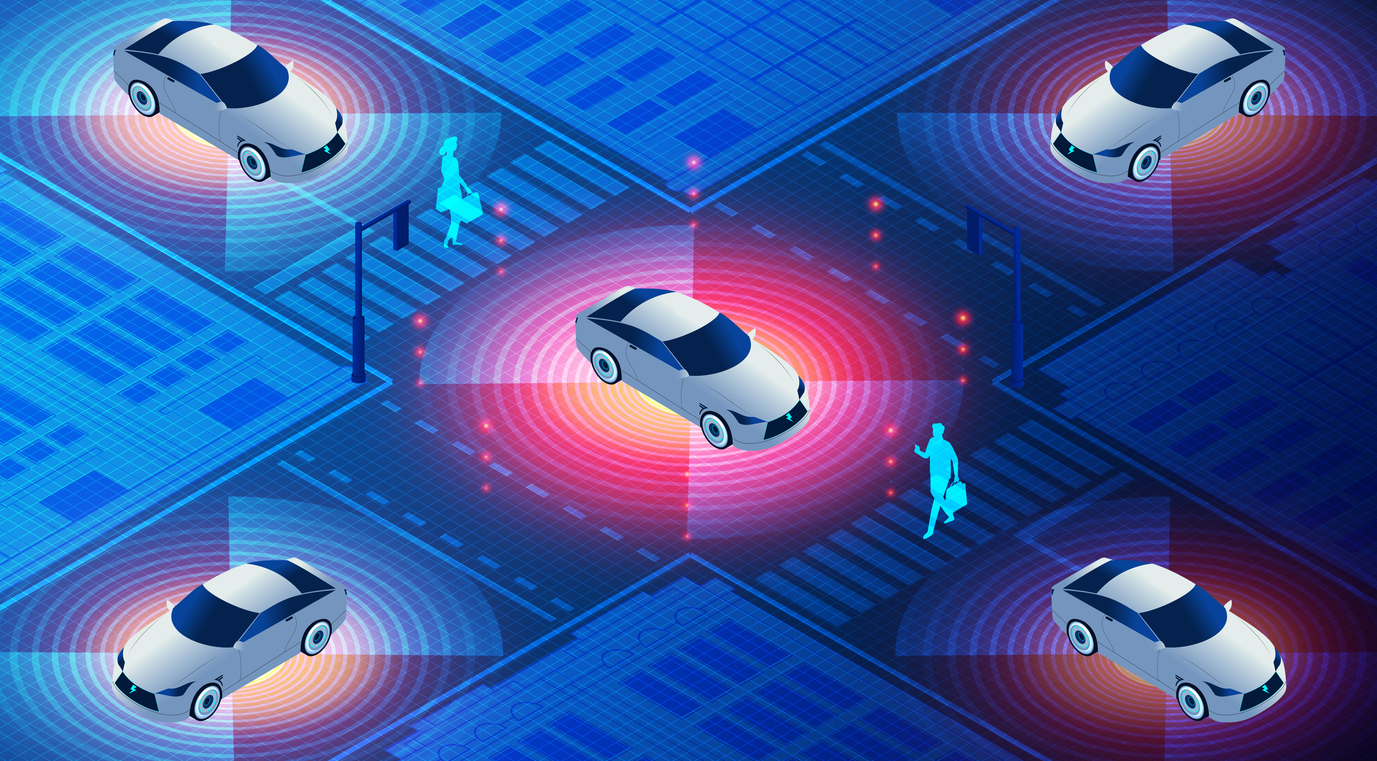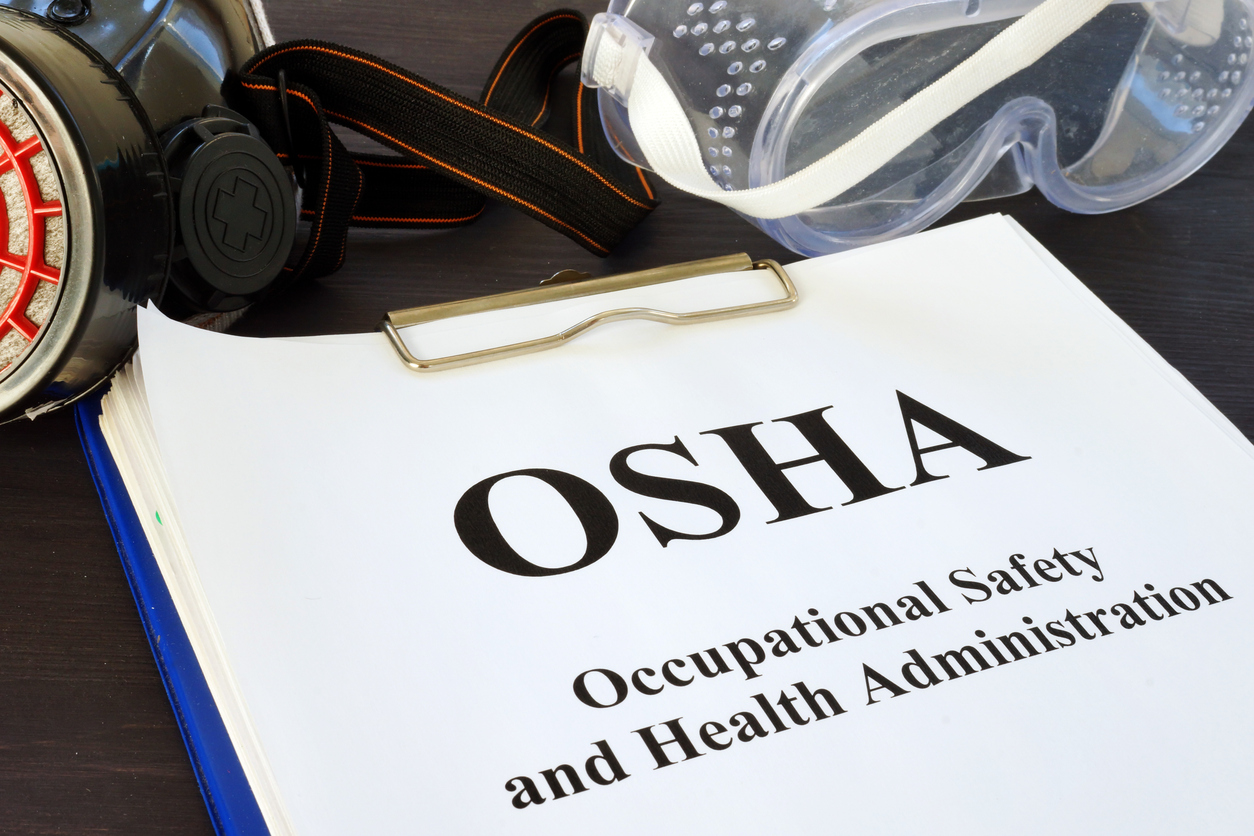August 20, 2025 | 12:00 p.m. – 1:00 p.m. ET
How can artificial intelligence (AI) be leveraged to enhance workplace safety? In this webinar, we’ll explore how AI-driven tools and technologies can be deployed to identify, mitigate and prevent risks, ultimately fostering a safer working environment. Risk managers will gain valuable insights into AI advancements that can improve safety performance, from predictive analytics to automated safety protocols. We’ll discuss how AI can be utilized alongside historical safety data to forecast potential hazards and prevent incidents before they occur. Additionally, we’ll explore how to integrate AI solutions with human oversight, creating a balanced approach that prioritizes employee well-being while maintaining the essential role of human judgment. The session will also address key legal and ethical considerations, including privacy concerns, data collection protocols, and compliance with state and federal safety regulations.
Attendee Takeaways:
1. How AI advancements can improve workplace safety
2. Tools and technologies for safer performance
3. Balancing AI with employee interest
4. Utilize AI with historical data to predict potential hazards
Presenters

Karl Miller, JD, AVP, Sales & Compliance, American Computer Estimating
Angelo LoSardo, Sales Support, American Computer Estimating
Karl is a claims professional with three decades of experience overseeing implementation of products and services for over 200 insurance and public risk sector business partners nationwide. He is also responsible for ensuring legal compliance in claims handling and consulting on technological advances in the claims industry. He has spoken and been published on multiple topics in the auto claims industry, including utilization of AI tools, diminished value and legal decisions affecting claims handling.
Angelo is a 2024 college graduate from West Chester University with a BS in economics. Angelo is a data expert who has spoken frequently about artificial intelligence on webinars and in other settings.









